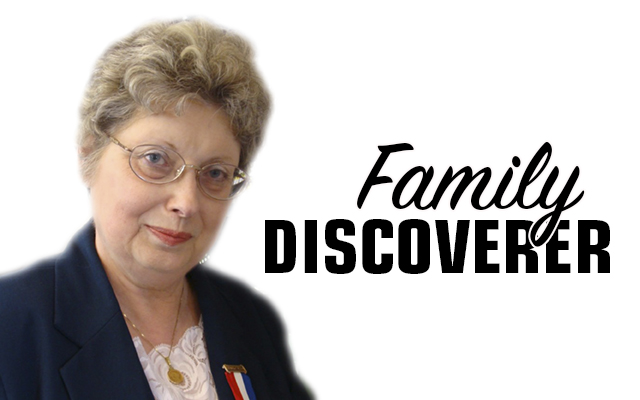Recently I chanced upon what I call the Case of the Missing Death Certificate. In Maine it’s not unusual to be unable to find a death record prior to 1892. Town clerks usually recorded marriages, but death records were normally left to family Bibles and tombstones.
In 1892 Maine law required town clerks to report vital records to the state. These are now held by the Department of Disease Control and Prevention in Augusta. Older records are held by the towns and many have been copied and are in the State Archives.
I was searching for the death record of a woman who died in 1955. I had a copy of her obituary, which listed the date and place of her death. She died in a nursing home in one county and is buried here in Piscataquis County. Her gravesite is listed on Find-A-Grave as well. But I was surprised to learn the state doesn’t have a death record for her, and neither do the city where she died nor the town where she’s buried.
Why is there no death record? The nursing home would have needed a doctor to sign off on the death before the funeral home could move the body. There should be a paper trail. But there isn’t.
My last chance to find some kind of record was at the funeral home listed in the obituary, and fortunately for me they have kept all their records. They had a form which told me the name of the now defunct nursing home, the date of her death, and the name of the doctor, long deceased, who certified the death. The form also listed next of kin, arrangements for the funeral and burial spot. No cause of death was given, as this isn’t a death certificate. To date it’s the only record I’ve been able to unearth about this woman’s death other than her tombstone and obituary.
I don’t believe this death was ever recorded nor any death certificate issued. Somehow, her death slipped through the cracks of officialdom. This is highly unusual and my first experience of this happening. While some deaths aren’t recorded, such as people who disappeared and were never found or unidentified individuals, this case should have been straightforward, but wasn’t. The fact that she died in one community and is buried in another shouldn’t have been a problem. It happens frequently when people receive end-of-life medical care but are buried in their hometowns. Today the law requires death certificates to be filed only in the place of death.
This just goes to show there is an exception to every rule. Should you happen onto a similar situation, follow all possible leads, including surviving funeral home records.
The annual Maine Genealogical Society conference will be held September 30th in Brewer at Jeff’s Catering. There will be speakers, vendors, lunch, door prizes, and a chance to meet other genealogists. You can learn more by going online to maineroots.org.
Columnist Nancy Battick of Dover-Foxcroft has researched genealogy for over 30 years. She is past president of the Maine Genealogical Society, author of several genealogical articles and co-transcribed the Vital Records of Dover-Foxcroft. Nancy holds an MA in History from UM and lives in DF with her husband, Jack, another avid genealogist. Reader emails are welcome at nbattick@roadrunner.com.








